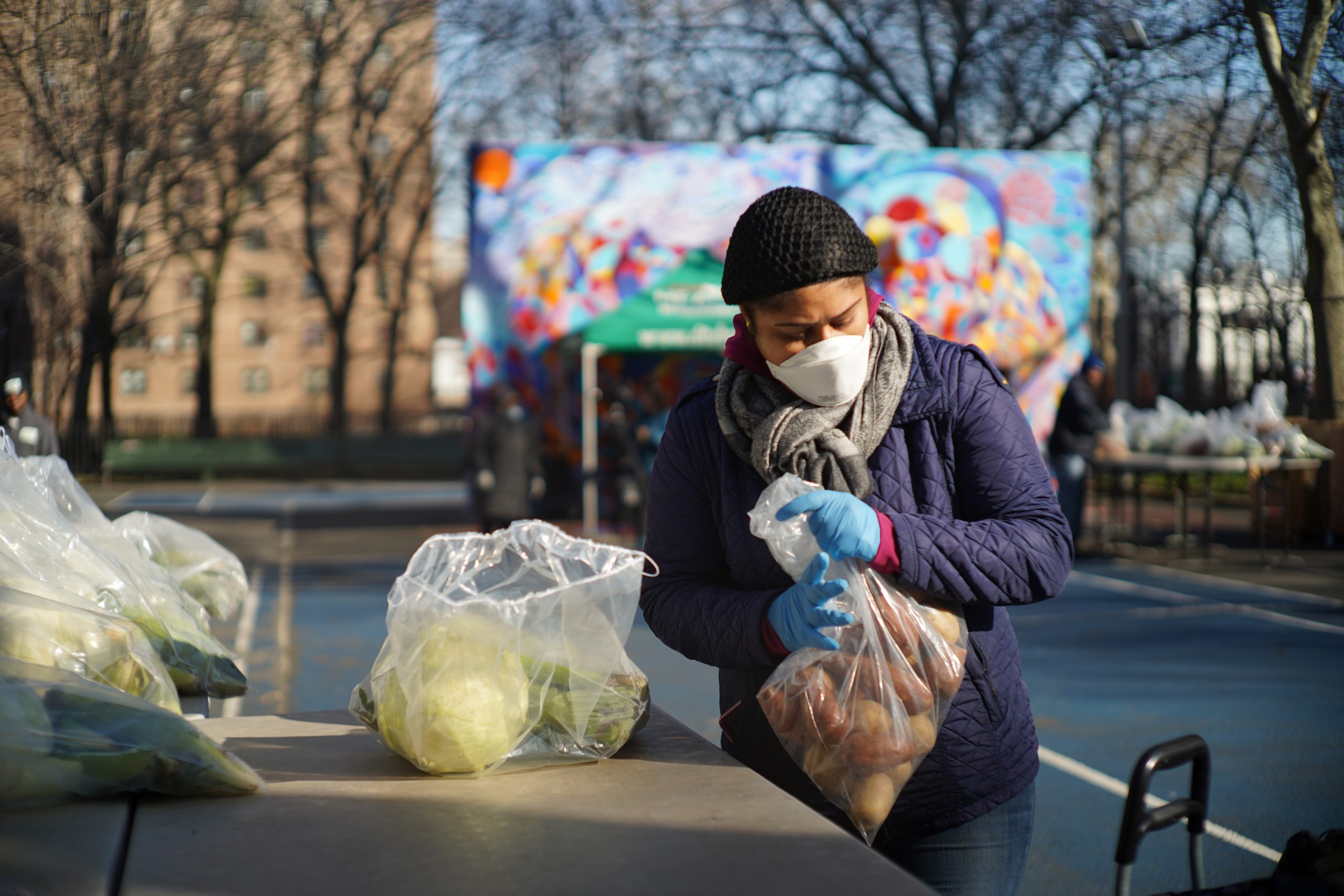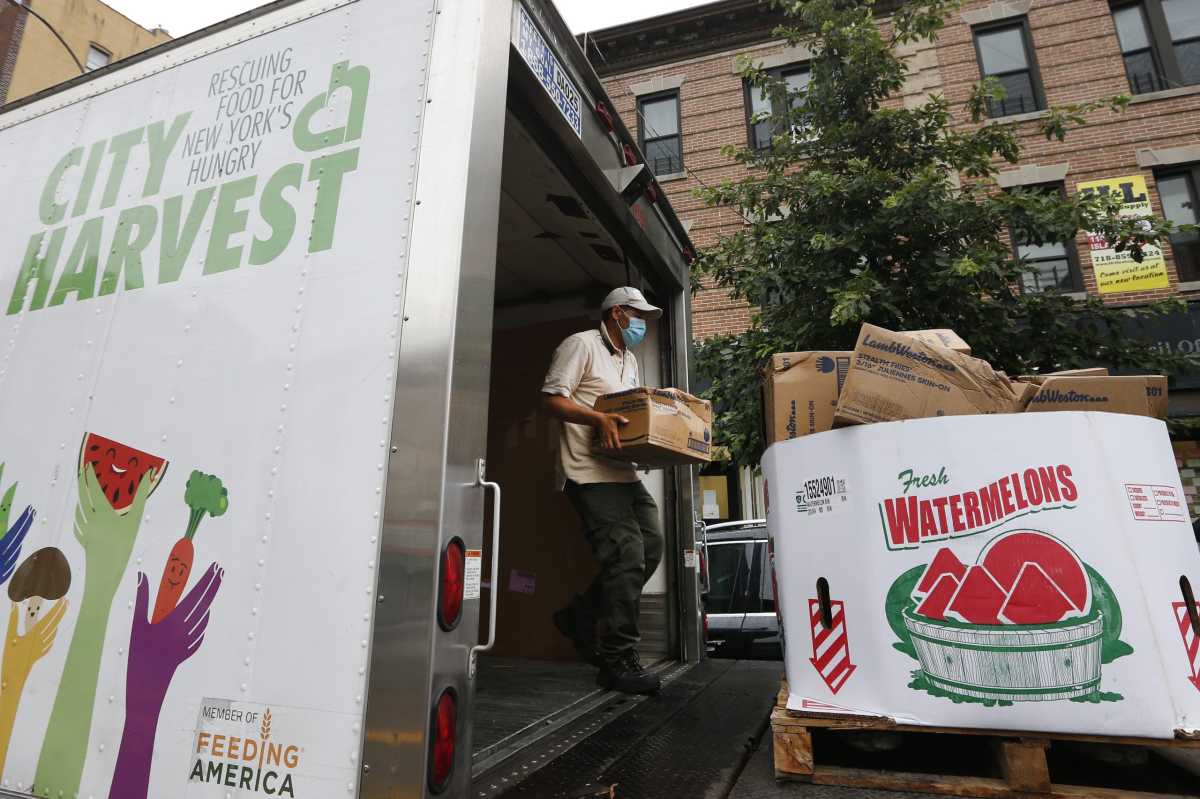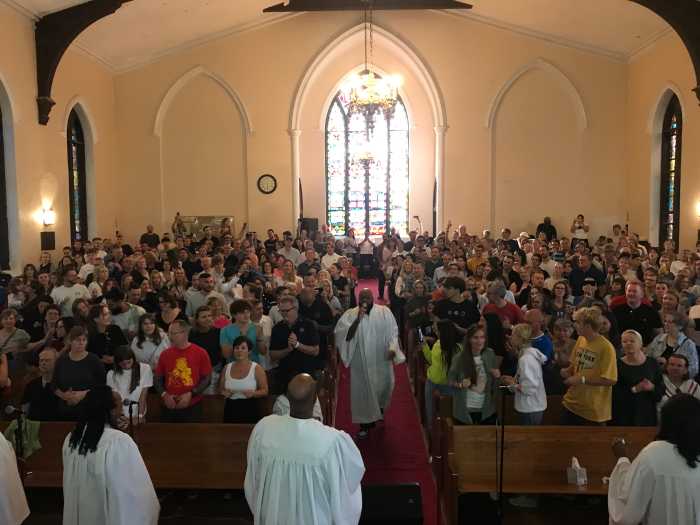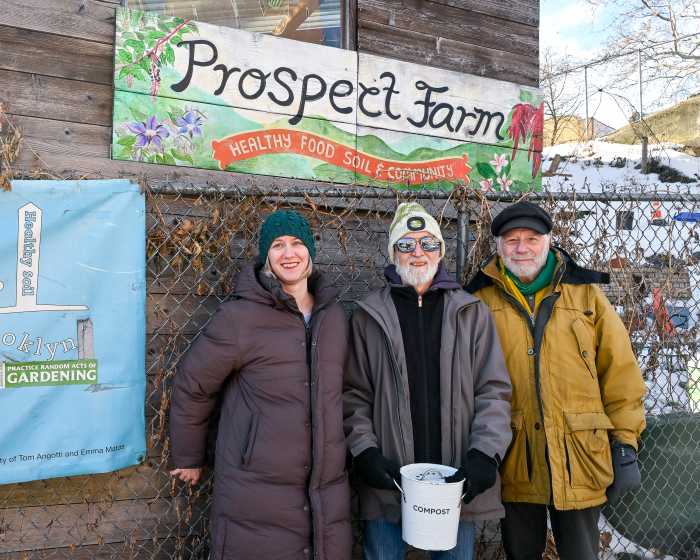The city’s largest food pantry provider City Harvest is seeking to increase nutritional assistance again as they believe demand for food has skyrocketed with the unemployment rate still high and many others “underemployed” and not earning what they used to from former jobs.
City Harvest is now operating 248 food pantries and 21 emergency relief sites due to the economic harm from the pandemic and expects to increase food deliveries dramatically to meet the needs of the unemployed and underemployed. They pin their hopes on congressional action and charity donations.
They are one of several food bank programs that operate in the city, the other large presence being Met Council.
“We think food insecurity will go up 40 percent and 50 percent for children because of the economic fallout from the pandemic,” said Jerome Nathaniel, associate director of policy and govt relations for City Harvest. “We are trying to balance this growing need by increasing our services by providing healthy, nutritional food to our pantries and kitchens. Fast forward to COVID-19 and we see people don’t have enough for expenses, let alone food.”
To meet the demand, Nathaniel said City Harvest is currently delivering 64 million pounds of food a year, but now have increased to 80 million pounds. By 2021, he said they are expecting to boost deliveries to 109 million pounds of food a year.
“This is a record number in a short period of time – imagine the volume and the growing needs into this emergency,” Nathaniel said. “A charity can’t close the hunger gap on its own – it will take a lot of advocacy including increasing the Supplemental Nutrition Assistance Program and contacting senators and congress members make sure the provision in the Heroes Act passes in congress so we can make sure those unemployed are replenished.”
The Health and Economic Recovery Omnibus Emergency Solutions act or HEROES Act, responds to the COVID-19 outbreak and its impact on the economy, public health, state and local governments, individuals, and businesses. The act would provide for more funding for non-profit agencies such as City Harvest to help feed those suffering still from the economic impact of COVID-19.
Nathaniel says SNAP should also go up as so many families are still looking for work, or are working part-time and not making enough to feed their families, let alone pay their rent. He says a minimum 15 percent increase should go towards SNAP so that people can afford to buy food.
In addition to lobbying for the HEROES Act, Nathaniel said they are fundraising and increasing their web presence. In addition, City Harvest is increasing volunteer services, advocacy and pushing policies that fight poverty.
“Families are losing their $2,400 a month in stimulus assistance and those anti-poverty policies are expiring,” Nathaniel said. “This will lead to food insecurity and risk after August 1,
“We see that $52 a month feeds a family of four for a month and that goes a long way,” Nathaniel said. “Once negotiations happen, we are not sure what the final bill will look like. The important thing here is feeding Americans and protecting foot benefit programs to make sure people have adequate fund to make grocery expenses.”
Nathaniel says he still expects to increase food distribution no matter what the next stimulus looks like.
“There are 1.2 million Americans who are food insecure, and that number has grown by 38 percent of the entire population,” he sighed. “Our doors are open to all New Yorkers, and we expect to be distributing 109 million pounds by next year. This is a problem we have been tackling since 1982, and even during a time of economic prosperity, there is a problem of hunger.”




































